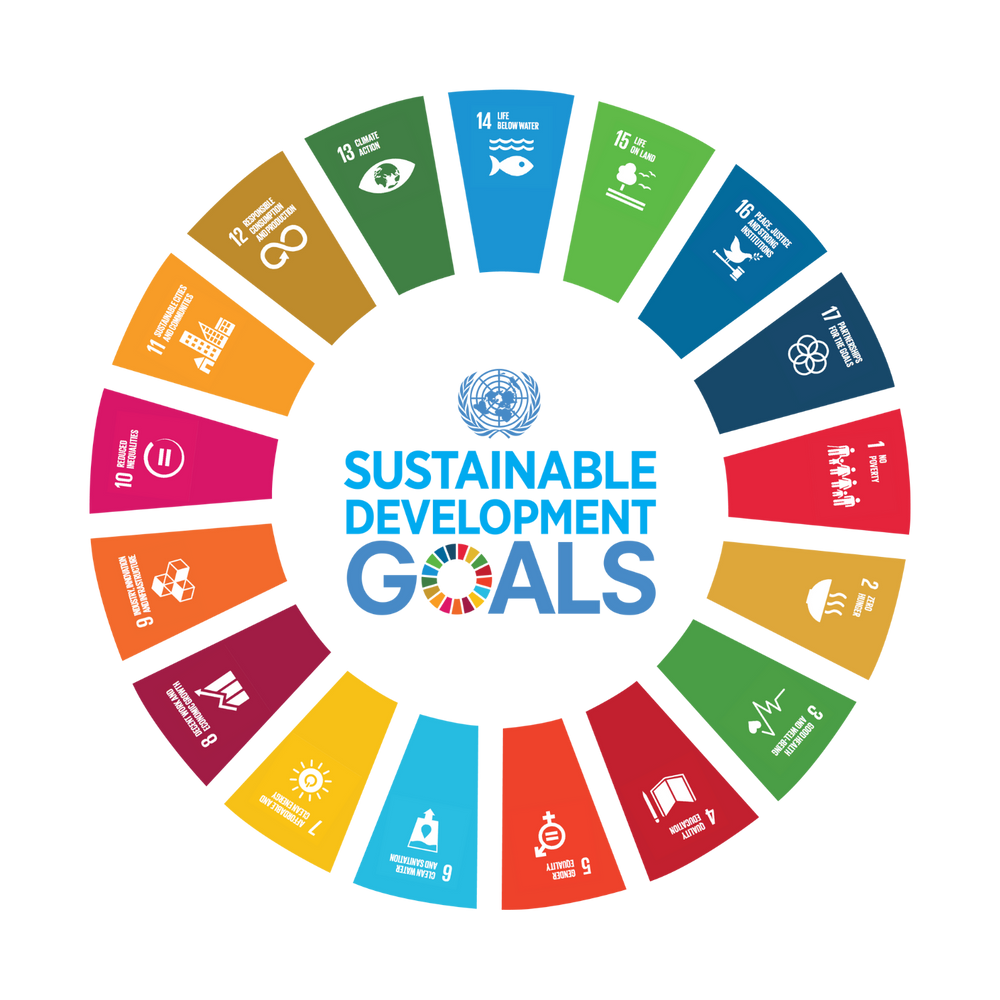Help bring back seagrass and algae meadows around Mallorca, where boat traffic has damaged these vital ecosystems. In partnership with the MedGardens project of The Cleanwave Foundation, your support restores marine life and protects coastal communities.
Your impact:
-
Plants seagrass and grows macroalgae
-
Removes marine debris from the seabed
-
Educates locals and boat captains on conservation
-
Supports community volunteer activations
-
Funds signage, monitoring, and long-term care
💙 Each square foot you restore helps safeguard biodiversity, protect coastlines, and support eco-tourism in the Balearic Islands. Learn more about this project here.
Want to gift this Seatree? Choose the “Gift” option at checkout to send it with a personalized message!
Tax Deductible: Seatrees is a program of 501c3 non-profit Sustainable Surf. Your tree planting donation is tax-deductible in the USA - just save your receipt.
































